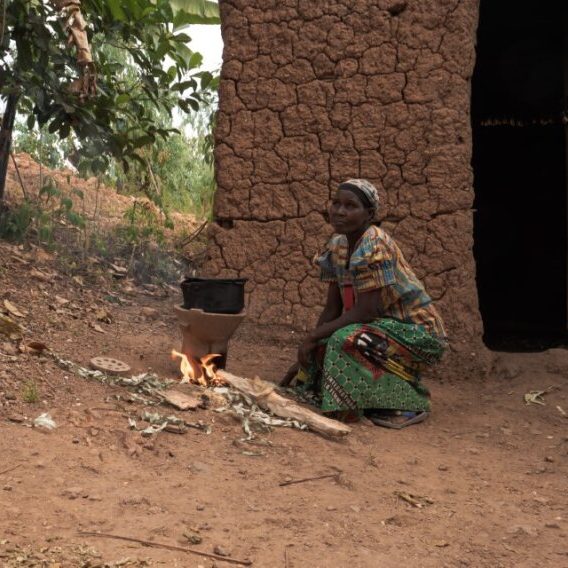In Africa, sustainability, innovation and circular economy can really revolutionize the daily lives of people. In an effort to uplift the living conditions of rural populations in Burundi, the UmucoW'iterambere - Contribution à la résilience intégrée des communautés rurales à travers l'accès à l'énergie durable project, implemented by AVSI in partnership with Norwegian Church Aid concluded its activities on December 15, 2023.
A sustainable approach to energy access
The project, covering communes in Kayanza, Matongo, Muruta, Butaganzwa, Mwumba, Gashikanwa, Vumbi, and Ntega, targets areas far from the national electricity grid. With a budget of 4,131,147 euros, the project aimed to directly impact 19,000 households and 114,813 people, focusing on two key outcomes: establishing operational electricity and clean cooking energy infrastructure and implementing a sustainable management mechanism for modern energy services.
Solar energy revolution
At the household level, the project has facilitated the sale of over 4,400 solar products in rural areas, taking into consideration the economic capacity of vulnerable households. The installation of solar systems in health centers (7), schools (25), and "Multi-Service Stations" has not only provided electricity but also created revenue streams for maintenance and service through solar hubs and energy kiosks.
Water and education transformation
In Ntega, Kirundo province, a solar-powered water collection system now supplies drinking water to health centers and nearby communities. Additionally, schools like Lycée Communal de Ngoma in Gashikanwa commune have gained access to electricity, overcoming challenges in communication and the use of essential equipment.
Before, the school couldn't use computers or projectors, and communication was hard with often-dead phones. Now, thanks to the project, the school has electricity.
Jean Nduwayezu, Director of the Lycée Communal de Ngoma, in the commune of Gashikanwa (Ngozi province)
Clean cooking initiatives
The project has actively promoted clean cooking by distributing improved stoves to 11,000 households. Beyond accessibility, the initiative supports local producers and explores innovative solutions, such as pyrolytic stoves for biochar production, demonstrating the feasibility of substituting wood with agricultural residues.
Towards a sustainable future
As the Umuco W'Iterambere project nears its end, the tangible impact on rural communities is evident. Improved stoves have become common, and households and public spaces are now illuminated. The project's commitment to leaving behind quality infrastructure ensures the sustainability of income-generating activities, marking a significant step towards a brighter, more resilient future for Burundi's rural populations.
The Fifh elements
Giampaolo Musumeci, radio journalist, visited the AVSI's UmucoW'iterambere project to see whether and how it helped generate change for the better in the communities of the northern part of Burundi. This resulted in an original Radio24 podcast series, ‘The Fifth Element’.
Musumeci described four interventions chosen for each of the four elements that, according to Greek cosmogony, constitute the foundation of reality: air, fire, earth, and water. These interventions include small health centers that finally have electric light, schools where students can set their eyes on textbooks, taps that provide clean drinking water, and small cooking stoves that do not pollute and allow cooking inside homes. Ultimately, Musumeci tells us about a fifth element: the human factor.






